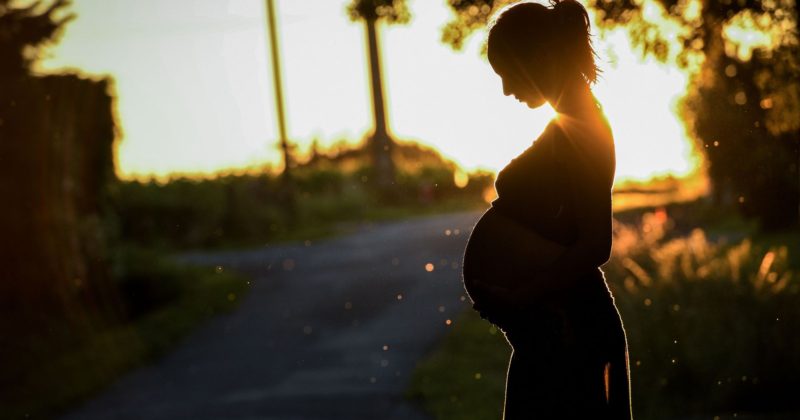
How Climate Change May Affect the Gender of Newborns
Author and founder of the M&K Health Institute in Hyogo, Japan, Dr. Misao Fukuda, led a study with results that stated, “temperature fluctuation may play a role in the recent decrease in the sex ratios of births.” Since the mid-20th century, climate change has been a direct result of human activity and has caused a warming trend of the planet. Extreme weather has a connection to human stress which is likely to impact the birth sex ratio. Climate change very well may affect the number of male newborns; more male newborns are predicted to be born in areas with rising high temperatures. Scientist Steven Orzack of the Fresh Pond Research Institute in Cambridge, Massachusetts claims that sex ratio is equal at conception, but there are external factors throughout birth and childhood which cause the ratio to differ. Specifically, senior researcher in the Section of Ecology, Department of Biology at the University of Turku in Finland, Samuli Helle, discovered evidence that...






